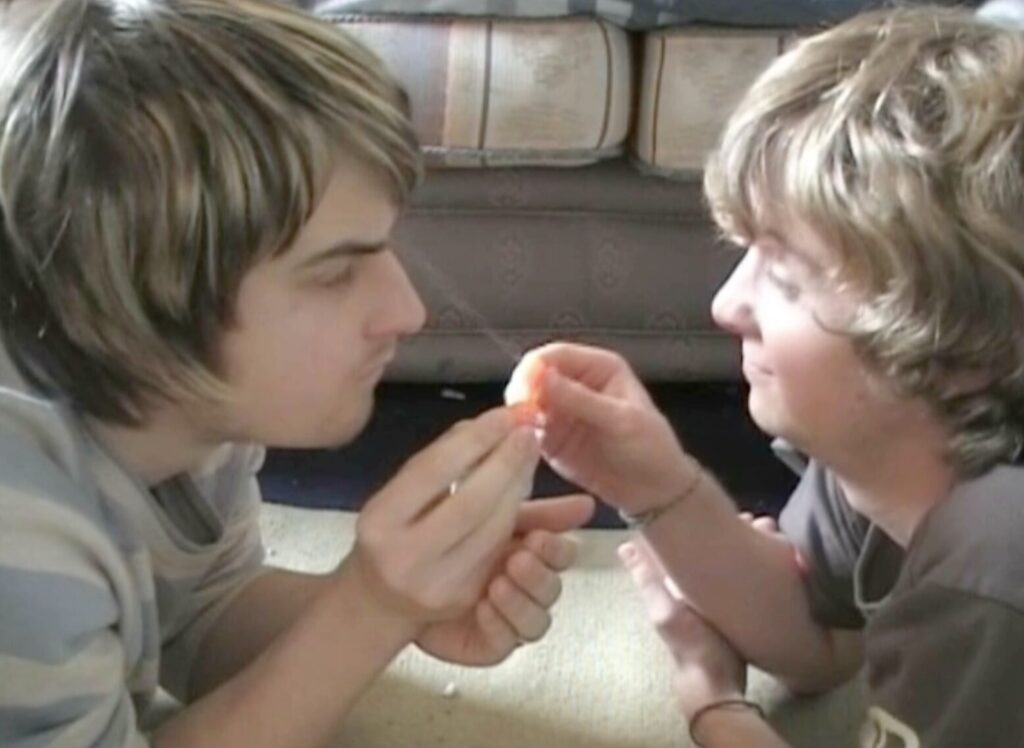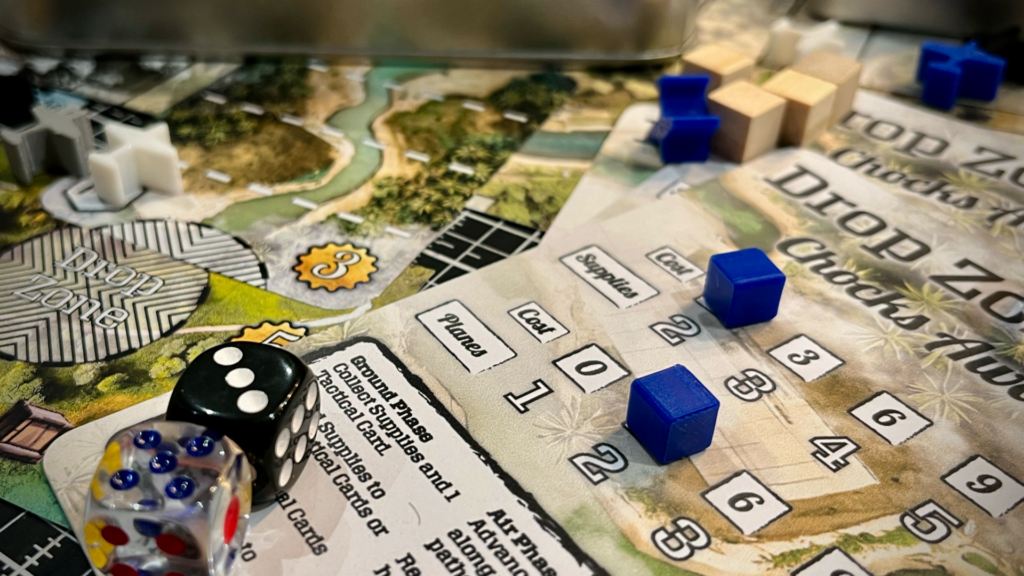Recently, I attended a concert by the band Public Service Broadcasting, where one of their new songs, “For the Fun of It,” struck a chord with me. The song, inspired by a quote from Amelia Earhart, crystallised months of pondering and became the spark for this blog post. It’s lovely how real life can inspire art, and in turn, art can prompt fresh reflections on life and creativity.
Board games often bring to mind images of colourful cardboard, intricate tokens, and joyful gatherings. But beneath the layers of nostalgia and entertainment lies an art form as profound as any painting or symphony. Board game design, in itself, is a creative journey deserving recognition beyond its often-commercial destinations.
This blog explores the idea that games, just like art, hold value in their act of creation, regardless of whether they find their place on gamer’s shelves. Worth noting, that my current practice in games design is as a hobbies seeking to publish my first game. You’ll come to this post a different stages in your own journey’s and I hope will be able to take something from the post (even if it is to ignore it) no matter who you are.
Enjoy.
The Joy of Creation
I’ve lost count of the times I’ve heard, “It’s a great game, but you’ll never get that component made cheaply enough.” It’s a thought-provoking comment that echoes the sentiments shared during many playtests. Does a game need to be publishable to justify its creation? What value does a game hold if it remains enjoyed only in the confines of its creator’s world?

Reflecting on my personal history with a game called The International Fishwetting Championships provides a whimsical yet telling answer. Invented over two decades ago with my friend Al, the game was a playful afternoon involving small rubber fish. We’d fill them with water from a cup and try to squirt each other in the eyes. There were no rules about publishing, no concerns of game mechanics or originality. For a couple of delightful hours, the game lived for its own sake, existing in the laughter it created.
Games as Art
In a recent conversation in the #BoardGameProtoHype community, this idea resurfaced when someone pondered pursuing a game idea similar to an existing one. Should they press on? The responses were mixed, but each reflected a range of perspectives tied to the notion of originality and commercial viability.
the heart of board game design beats strongest in its artistic expression
For me, the heart of board game design beats strongest in its artistic expression. If games are a form of art, then creating them isn’t solely about reaching a publishable version. It’s about delving into the act of creation, irrespective of audience expectations or production logistics. As artists, game designers can explore the unexplored, innovate freely, and validate ideas for the joy they bring rather than the potential revenue they might generate. We can, and should, do things “For the fun of it”.
Inspiration from Peers
This mentality has been nurtured and inspired by a number of fellow designers along my journey. Max Kosek, whom I’ve spent countless Instagram chats exploring these ideals with, has been a pivotal influence. Our conversations delve into the essence of creation and the freedom that comes with designing for pleasure. Additionally, Richard Buxton, a core supporter of my local playtesting group, has reinforced this mindset through further discussions that dive into the nuts and bolts of how games work, without any thought to whether or not they might be bought further down the line. These connections have illustrated that the essence of design lies in its expressive potential and communal growth, rather than mere production potential.
Embracing the Process
So why limit this creative process by aiming exclusively for a marketable product? Exploring a game design for sheer enjoyment can lead to artistic enlightenment, akin to painting for pleasure rather than exhibition. Yes, many ideas might come and go, living briefly before floating away like blown bubbles. But is that not the essence of art—an expression bound only by creativity and existence, rather than permanence?
Embrace the notion that not every idea needs to be polished for public consumption.
This approach encourages us to re-evaluate how we engage in game design. Next time a spark of inspiration strikes, instead of plotting a course toward commercialisation, why not simply let your imagination run wild? Create without the fear of feasibility, market trends, or audience expectations. Embrace the notion that not every idea needs to be polished for public consumption. Some creations can remain private victories in the world of innovation and expression.
The Artistic Call to Action
As artists, designers, and all the creators in between, we are called to nurture our creative instincts more freely. So, the next time you draft a new board game, do so because it brings joy and fuels the creative mind. While commercialisation fills a purpose, creation for creation’s sake fills the soul. And in that lies the true artistry of board games.
In the coming weeks, I challenge you to explore this notion personally. Design a game—any game—purely for the fun of creating. Allow yourself the freedom to think without restrictions or end goals. You may discover a stronger connection to your creative process, an affinity with the art of board game design that surpasses any publishing aspirations.
Designing for the fun of it isn’t just liberating; it is profoundly human. Embrace it, celebrate it, and let it guide you to unexpected places.



Another awesome post Joe! Love this, I was told early on by Marketing Gurus; Launch boom that my Games price point was too low and that I could hope to market it to anywhere near to a commercially successful level as the marketing cost per unit would cost more than the game!? This was massively disheartening but after taking a step back and considering what to do I decided to push ahead as I had really enjoyed the journey so far and was very keen to see what happened over the next steps.
That was about 6-8 months ago and I’m glad I did because I’m still very into it. To name but a few reasons – the awesome gang who are part of #boardgameprotohype, the local gaming groups I’ve met, the skills I’ve learned and the forthcoming excitement of launching! I have to say that even if it falls flat commercially I’ve had a blast playing with creating a game and I’ll probably do it again if I’m able to. 😍🤩🫶